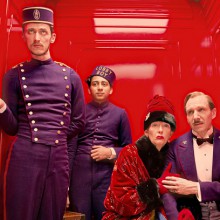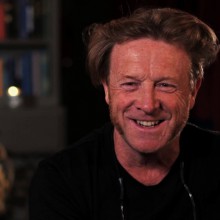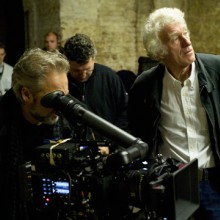What first inspired you to get into your craft?
I loved watching films and decided one day that I wanted to try and make them. I wanted to create something that other people would watch and hopefully experience the same feelings that I did, when watching a good story being told on-screen.
How did you first break into the industry?
A turning point for me was getting accepted to the NFTS. This opened up lots of doors for me and allowed me to develop to a higher level in my craft. I would say that I've had lots of small breaks rather than one big one, or maybe the big one is yet to happen.
Which professional figure in your field do you find the most inspiring?
There are so many cinematographers that I'm inspired by, but Roger Deakins’ work in particular is a constant source of inspiration. I find his choice of scripts, his taste in visual language and storytelling to be unrivalled, with an incredible body of work to show for it.
If you hadn’t managed to break into your field, what was your plan B?
There was a point when I was applying for jobs as a cinematographer at the same time as applying for camera trainee jobs. I was lucky enough to get a job as a cinematographer, and had very little luck on the trainee front, so I decided to just go for it and start shooting stuff. It paid off, but if I hadn't been so lucky, I'd probably be working my way up the camera or lighting department crew ladders – which is of course a great way to learn the craft, by watching other DPs at the highest level.
Which film do you wish you could have worked on?
I wish that I could have worked on a Stanley Kubrick film, and would love to work on a Terrence Malick or Francis Ford Coppola film.
What single piece of advice would you give to a young person trying to break into your discipline and get themselves noticed?
I think the best advice I can give is to: choose your projects wisely; try and only work on something if you’re really passionate about it; give it your all; stay true to your vision and above all the story you’re trying to tell.
How important is knowing people? Is raw talent enough?
I think that raw talent is enough, as I didn't know anyone in the industry when I started. But obviously knowing people can speed up the process and of course keeping good healthy working relationships once you’re in the industry with the people you do know, is crucial too.
How do you think the UK film industry will change in the next few years?
Well, digital camera/distribution and projection technology is changing the way we shoot and screen films at the moment. It's hard to predict where that will take us, but hopefully it'll be somewhere that makes it even more engaging to watch a story being told on the big screen.
Brits to Watch Portrait: BAFTA/ Barry J Holmes

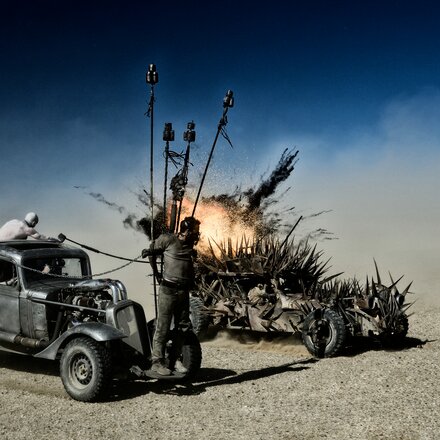
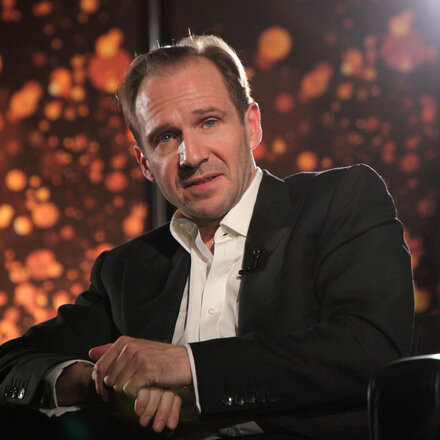
 Episode - The Haunting _1477407288.jpg)
